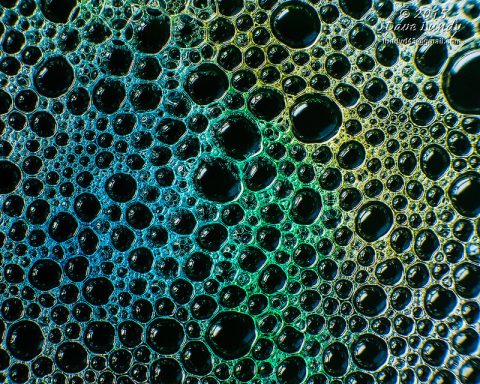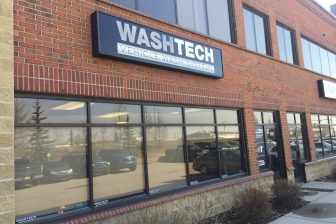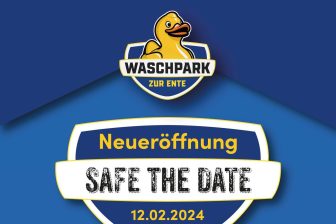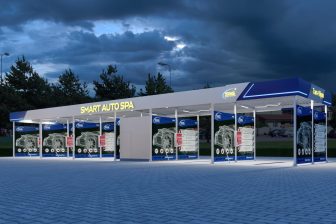
Big money has entered the car wash business
Buyout firms and private equity investors have discovered there is money to be made in car washing. The subscription model has changed everything.
“Mammoth buys Mr. Squeaky”, “Tire Discounters enters car wash market”, “Pink Bird Car Wash sees investment of $100M“. Just a few headlines from recent weeks. The car wash business in the US seems to be in a state of turmoil. Buyout firms and private equity investors have discovered there is money to be made in car washing. Big money. Last weekend, the Wall Street Journal published a long article about it.
Monday the news broke that Blue Equity, an independent private equity firm, has invested in Cheetah Clean Auto Wash. They will also start a partnership with the Kentucky-based chain of car washes, which runs five sites in Bowling Green, Owensboro and Shepherdsville, Kentucky.
The partnership will provide Cheetah Clean Auto Wash additional growth capital, human capital, back-office support, advice on geographic expansion, involvement in governmental affairs, marketing support, as well as many other items, the press release revealed.
From cash to subscription
Until recently, car washes held little appeal for private equity funds. They were primarily cash businesses whose sales fluctuated with the weather and required multiple employees to be on site.
But that has changed.
Subscription car washes now seem to be the way ahead, with many car wash owners introducing prepaid wash memberships. Suddenly, revenue became more consistent.
More importantly, most modern tunnel washes require very little employees on site. Especially when they have a double belt equipped, ensuring continuity in the car wash. Suddenly you could have a profitable business with very few employees on site. Something that private-equity investors also noticed.
Weather risks eliminated
With the subscription model, one unreliable factor in the business model is eradicated: the weather. In the old days, car washes In the past, one bad month could have a major impact on your annual revenue. But the rise of unlimited wash plans has significantly reduced this risk by giving operators guaranteed recurring revenue every month.
Subscriptions mean much of the actual car-washing process is automated. Which helps boost profits. Subscribers get a radio-frequency identification tag on their windshields. When they enter the wash, a machine reads which package the customer requires, triggering the right mix of cleaning and chemicals. A typical express wash needs only two employees working at a time, resulting in hefty operating margins of around 65%, excluding rent costs.
Mammoth
One of the key players is Mammoth Holdings, an umbrella company which buys and modernizes existing car washes on a monthly basis. Its car wash brands include Swifty, Marc-1, Finish Line, Wiggy Wash, PitStop, Busy Bee, PureMagic and Silverstar, among others. It is also building new locations, which typically cost $4.5 million to $5 million per car wash, including land.
The holding saves money by buying cleaning chemicals and other supplies in bulk. It also runs a centralized customer service, recruiting, training, human resources and back-office functions such as payroll and accounting. Currently, Mammoth Holdings owns 107 car washes, with 83 more in the pipeline.
According to real estate specialists, There is no other operation on a 1-acre site that can do $1 million to $2.5 million in sales and pocket half of that.
Also read:



